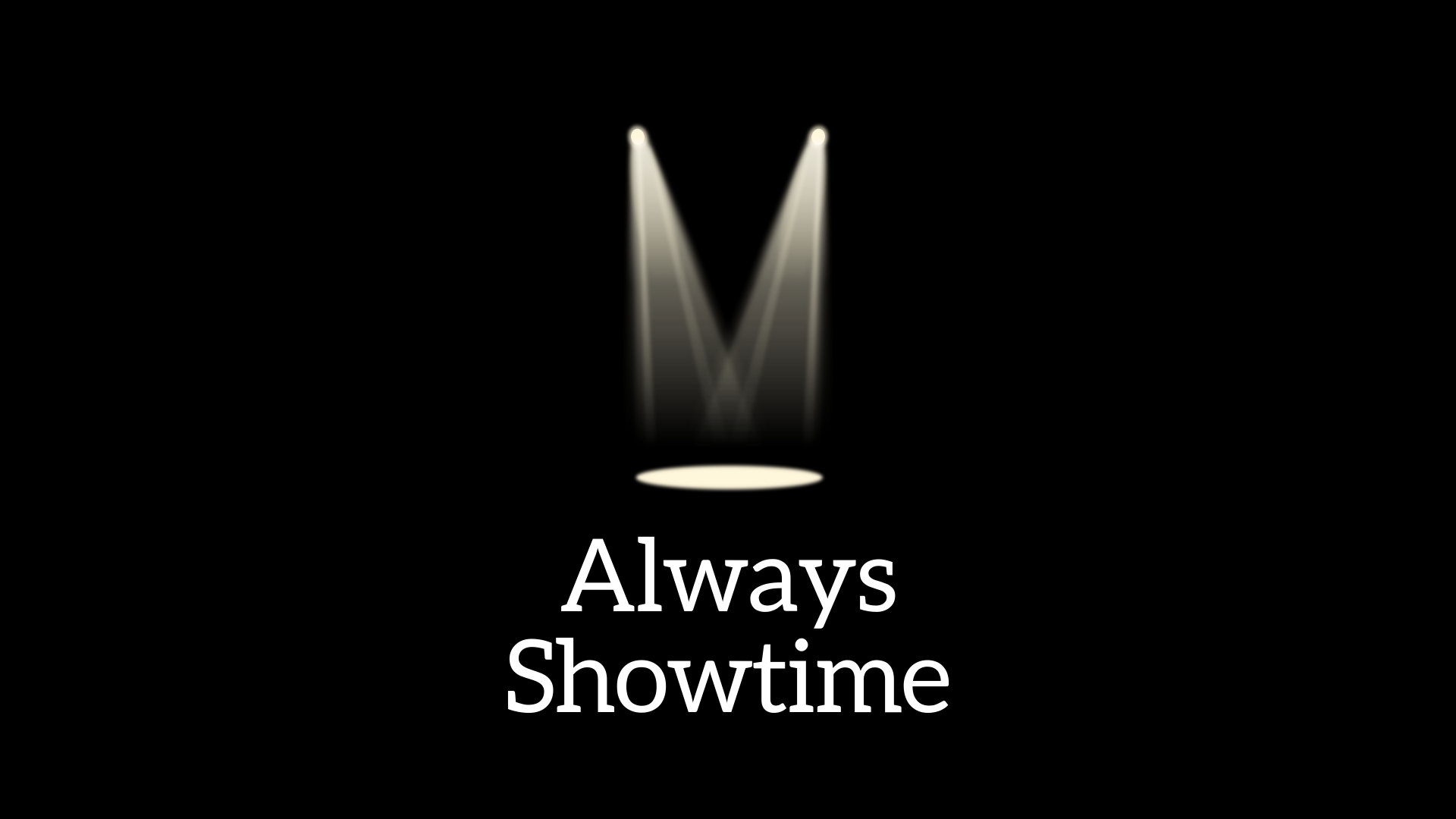
It doesn't appear so at first, but the audience is a co-lead. Having given my fair share of presentations, I've felt the impact of a well-timed question or comment. Whether affirmative or challenging, audience participation can drastically shift the way I feel and how I'll proceed.
Non-verbal actions are equally strong. Passive participation is anything but. A nod goes a long way in assuring me. A questioning look makes me pause. Checking your phone makes me second guess the interest. As audience members, we think we're invisible. We're not. We're in it together.
So much in the study of influence is on achieving what we don't have but it's important to be mindful of the influence we already do have. If we're in the room, we're bringing something to the table. What we bring is up to us.

Comments
Post a Comment